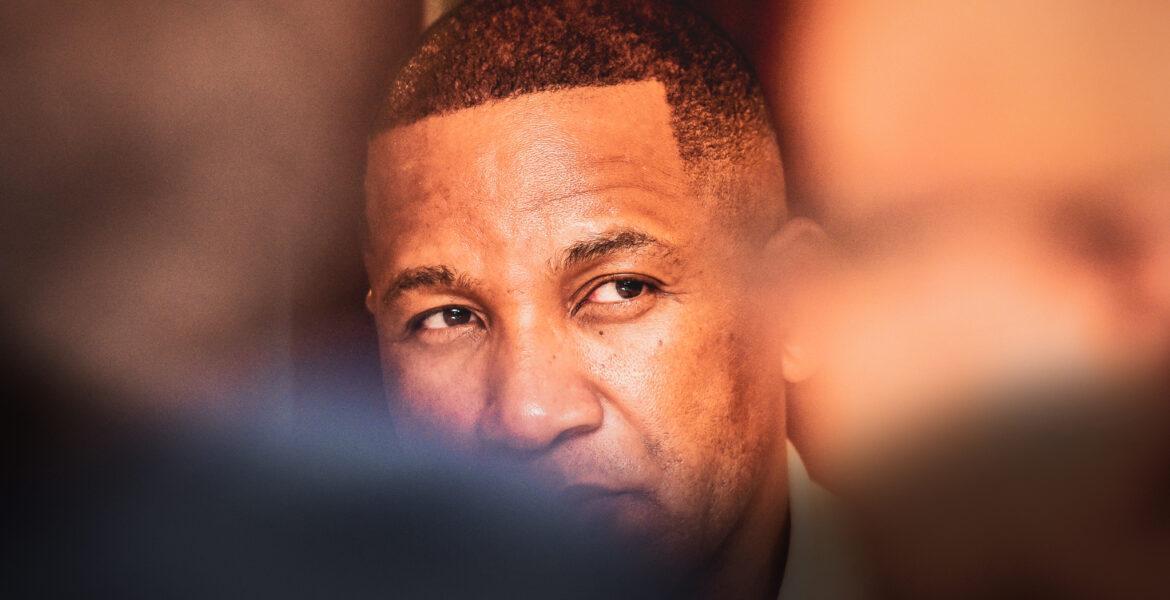Africa-Press – Botswana. Last week, Botswana’s president Duma Boko delivered a speech that caused the diamond industry to raise its collective eyebrow.
“De Beers is not doing its job,” the president said in Lesotho. “Maybe we should take [the diamonds] and sell them ourselves. That’s what we should do. That will be deemed very radical….
“But the country needs the money, and it has the diamonds, and somebody who is supposed to be selling the diamonds is not doing the job…. And so before the end of the end of this year, something very drastic in that space will happen.” (You can see his full remarks here.)
Some thought Boko was suggesting Botswana may nationalize its diamond holdings. And while he might be able to do that, that could spark a court fight, considering De Beers and Botswana just signed a deal governing the two parties’ mining leases. Botswana can’t go very long without income from Debswana—especially now.
Even if Botswana did take over its mines, that may not be the best idea; digging diamonds out of the ground isn’t cheap. In the same speech, Boko bemoaned Botswana’s inability to diversify its economy. Taking over the mines would only increase that exposure. One of the reasons that its contract with De Beers is considered successful is that both parties have always shared the expenses, as well as the spoils.
On the other hand, his remarks also indicated that Botswana may take a bigger stake in De Beers, now that the company’s up for sale. He also called for more marketing of diamonds with Botswana origin, and while I agree that’s worth a try, that’s not yet proved its worth as a sales tool. (This holiday season could give us more clarity on that.)
Whatever one thinks of those actions, they aren’t particularly “drastic” or “radical.” It’s possible Boko was simply voicing the anger of his constituents, as they wait for a natural diamond turnaround that still hasn’t come. Instead, we’re seeing further mine closures and layoffs in Botswana and elsewhere. It also remains uncertain how the tariff issue—which will affect natural more than lab-grown—will play out. Meanwhile, Boko says, Botswana is “broke.” Its education and health care systems are collapsing. It’s all very sad and scary.
So Boko’s not happy. And I understand why. But it’s not clear what he has in mind. In May, he reportedly suggested that all of Botswana’s diamonds should be polished in-country. One month later, at the World Federation of Diamond Bourses presidents’ meeting, he said his comments had been misinterpreted.
That illustrates the tightrope Botswana politicians have to walk: They may be legitimately upset with De Beers’ stewardship of its gemstones. However, anyone who buys De Beers will get Botswana for a partner. Buyers must consider Botswana reliable as a potential partner.
“The one certain takeaway I had,” a former De Beers exec wrote me via email, “was that this speech was really bad for De Beers’ selling price.”
Then again, De Beers’ selling price was falling before Boko uttered a word. Perhaps he’s done playing Mr. Nice Guy. The relationship between De Beers and Botswana appeared to be improving since Boko took office. Now, things may be moving in the opposite direction.
For More News And Analysis About Botswana Follow Africa-Press






